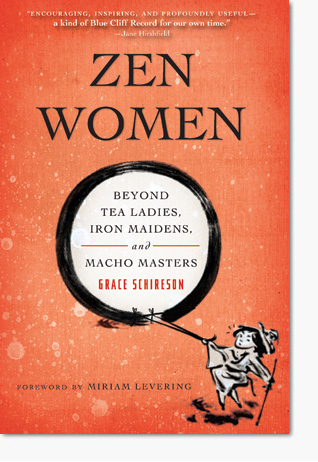As those of you who have read my book, Wild Chickens and Petty Tyrants: 108 MEtaphors for Mindfulness, already know, I am quite fond of Star Trek (Original Series and Next Generation) and have plumbed these episodes for metaphors. Star Trek episodes are morality plays and the writers, especially for STNG, demonstrated a familarity with and affinity for Buddhist wisdom. I was recently watching the two-part Chain of Command from Season Six of STNG. Captain Picard is captured by the Cardassians and tortured in interrogation by a Cardassian commander, Gul Madred. Madred allows his daughter into his office where he has been torturing Picard. She asks, “Do humans have mothers and fathers?” Her father responds, “Yes, but human mothers and fathers don’t love their children as we do.They’re not the same as we are.” Picard is surprised that the young girl has been exposed to the site of him beaten and nearly broken, “To expose her to someone who is suffering. To see that it is you who inflict that suffering.” Madred is nonplused. He points out that, “from the time Jelora could crawl she has been taught about the enemies of the Cardassians and enemies deserve their fate.” Picard reflects, “When children learn to devalue others they can devalue anyone, including their parents.” Madred, indignant, says, “What a blind, narrow view you have. What an arrogant man you are.” The dialogue proceeds as follows:
Madred: “What do you know about Cardassian history?”Picard: “I know that once you were a peaceful people with a rich spiritual life.”Madred: “What did peace and spirituality get us? People starved by the millions; bodies went unburied. “Disease was rampant; suffering was unimaginable.Picard: “Since the military has taken over, hundreds of thousands more have died.”Madred: “But we are feeding the people/ We acquired territories during the wars, we developed new resources, we initiated a rebuilding program, we have mandated agricultural programs. THAT is what the military has done for Cardassia. And because of that, my daughter will never worry about going hungry.”Picard: “Her belly may be full, but her spirit will be empty.”

